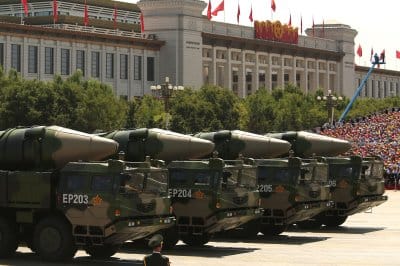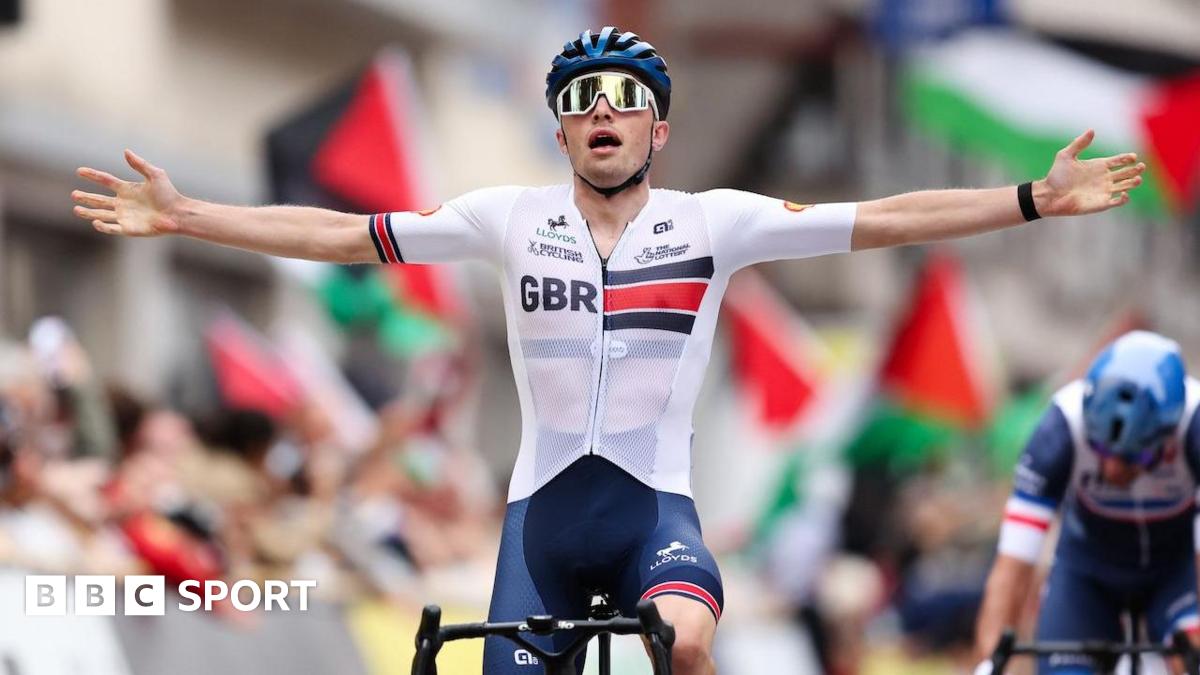China tests effects of successive nuclear strikes

Oct. 1 (UPI) — Chinese military researchers recently reported that multiple nuclear strikes on a single target will produce greater damage than a single blast from a larger warhead to destroy hard targets.
The researchers examined the effect of three nuclear strikes on a single target in rapid succession in a laboratory study published in a peer-reviewed journal.
The study examined how three successive nuclear strikes on the same target would create a greater destructive force than when using a single nuclear weapon, according to Interesting Engineering.
The Chinese military researchers are assessing ways to magnify the damage caused by multiple shock waves produced by nuclear weapons, they said in an article that recently was published in the peer-reviewed journal Explosion and Shock Waves.
Xu Xiaohui, an associate professor at the People’s Liberation Army Engineering University in Nanjing, led the lab experiment that NextGenDefense said is based on the U.S. military’s 1965 Palanquin experiment.
Researchers in that experiment detonated a 4.3-kiloton nuclear device 279 feet beneath the Earth’s surface.
“Until now, most nuclear earth-penetration studies had examined only single warhead impacts based on the long-held belief that one powerful bunker-buster would be enough to collapse or destroy hardened underground facilities,” Xu, et al., said, as reported by PressTV.
The Chinese experiment simulated nuclear blasts within a lab setting by using a high-pressure gas gun that shot tiny particles at glass spheres containing a simulated blast gas to trigger a rapid release of energy that mimics a nuclear explosion, Interesting Engineering reported.
The study indicated surface damage expanded from 71,000 square feet in a single blast to more than 860,000 square feet after three blasts.
The study suggests a rapid triple strike would quadruple the damage caused by a 5-kiloton detonation 65 feet beneath the Earth’s surface and produce a much larger crater.
The results suggest multiple strikes could be effective at destroying hard underground targets, such as nuclear refinement facilities and other locations associated with national security, Interesting Engineering reported.
The Chinese researchers concluded that the use of precision-guided bombs using low-yield warheads deployed in clusters would be more effective at destroying hardened underground targets than a single blast.

